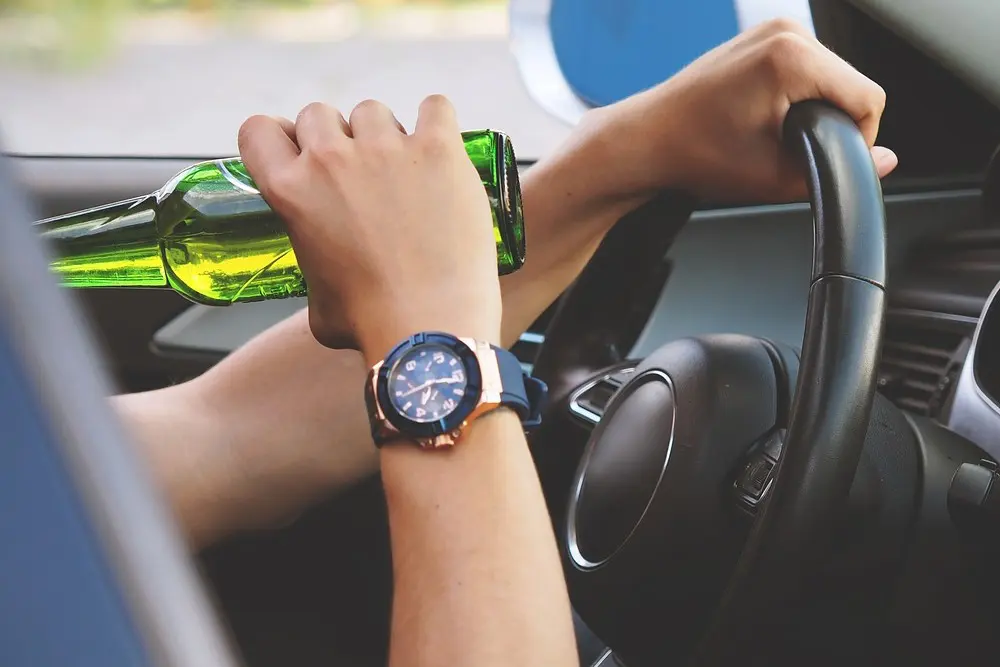Are you a good driver? Serious question. Don’t answer just yet. Experts say it’s not how you feel about your skills — most surveys suggest people consistently overrate their driving acumen — but how other drivers feel about you. A recent study by CheapCarInsurance.net offers a clue: It says a full 19% of drivers are cut off by another motorist daily.
“If people are flipping you off and honking at you and flashing their brights at you all the time, you are doing something wrong,” says Walter Meyer, a veteran traffic safety consultant. “Are you driving too slow in the left lane? Are you failing to signal or take your turn? Yes, there are jerks who will honk at you or give you the finger for no reason, but if it is happening to you on a regular basis, then you are the problem.”
So, are you the problem? This is the right time to ask, when your spring break road trip is directly in front of you and, farther down the road, a long drive to reach your summer destination. It turns out there are a variety of ways you can evaluate your road skills.
Driverless cars for travelers: More questions than answers
Since I asked, let me answer the question. I’m on the road about 300 days a year, and I love to drive. I was taken aback when a friend recently handed me the keys to his car when I was staying with him. “You are the best driver I know,” he said.
“Why?” I asked.
“I don’t know anyone who drives as much as you do,” he said.
Aw, shucks. But I wouldn’t equate hours of experience with skill. I remember the last time I drove in Europe. I’m not quite sure why, but I was the guy getting honked at and cut off and other things that aren’t publishable.
As they say in German, Entschuldigung
“A good driver actually makes the road safe for the bad drivers out there,” says Joe Giammona, CEO of the Driver Training Group, the parent company of two national driving schools.
There are objective ways of telling whether you are, by the way. One new way is HighwayHero, an app developed by Liberty Mutual. It tracks and scores driving behavior based on acceleration, hard braking, hard cornering, speeding and phone usage while driving. When the ride is over, the app offers feedback and scores you against other drivers. You can qualify for discounts.
I asked the company what the app had told it about how Americans drive. The results were encouraging on first glance. Overall, the average HighwayHero score among users is 84 out of 100, which is indicative of a good driver. The two biggest problem areas: speeding and phone use.
That’s right, people with a phone app that scored their driving and who knew they were being evaluated used their phone while driving.
You can get even more detailed data with an app called Automatic, which plugs directly into your vehicle’s diagnostic port. Dave Delaney, who runs a company called Owner Operator Direct, which sells truck insurance, likes the License+ companion app, a coaching tool designed for new drivers that rates your driving skills and allows you to work with a designated driving coach. It rates you against other drivers. (Here’s our guide with the best travel advice.)
“It answers the question, ‘Am I really better than average — or do I just think that?’ ” Delaney says.
Most bad drivers can be rehabilitated, but not all of them. Two years ago, Mark Hughes found that his eyesight had deteriorated to the point where he couldn’t clearly see the road, thanks to macular and myopic degeneration.
“I quit driving cold turkey,” says Hughes, a retired college instructor and historian who lives in Kings Mountain, N.C. “My doctor asked me, ‘How many wrecks did you have?’ I replied, ‘None.’ “
Good call. Driving is inherently risky. Why push your luck? (Related: How to improve your travel literacy now.)
The three riskiest driving behaviors
• Drinking and driving. Most traffic-related deaths are caused by drunken drivers. Don’t drink and drive, and stay off the roads when drunken drivers are likely to be out and about, such as holiday weekends.
• Driving while tired. In a recent survey by Klashwerks, more than 5% of the respondents admitted to closing their eyes or sleeping while driving. Needless to say, sleeping and driving are incompatible.
• Speeding. A full 35% of drivers admit to driving fast, an activity known to increase the risk of an accident. Drive the speed limit, and you’re more likely to come home alive.
Need help with your driving-related consumer problem? Our advocacy team is ready to help.




